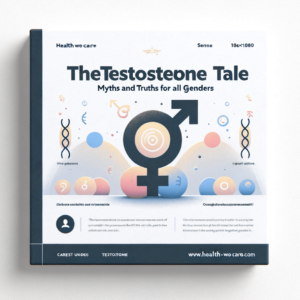A toxic work environment can impact more than just job satisfaction; it can significantly harm mental health and overall well-being. In this article, we’ll explore what makes a workplace toxic, how it affects employees, and actionable strategies to manage or escape these environments.
What Is a Toxic Workplace?
A toxic workplace is one where negative dynamics—such as poor communication, lack of trust, constant conflicts, or high stress—dominate the environment. This can create a culture of fear, insecurity, and emotional exhaustion. Toxic workplaces are often characterized by micromanagement, favoritism, lack of support, or persistent pressure to meet unrealistic expectations.
Why Is Recognizing a Toxic Workplace Important?
Toxic workplaces can have profound effects on mental health, including increased stress, anxiety, and depression. They often lead to higher levels of burnout, absenteeism, and turnover. For some, the toll of a toxic work environment can even spill over into their personal life, affecting relationships and overall life satisfaction. Recognizing and addressing these issues early is essential to protect mental health and ensure long-term career success.
Signs You’re in a Toxic Workplace
Here are some common indicators of a toxic workplace:
- Poor Communication: Information is withheld, or there’s a lack of transparency, leading to confusion and frustration.
- High Turnover: A constant flow of employees leaving can signal deep-rooted issues.
- Micromanagement: Excessive control over tasks can create a sense of distrust and stifle creativity.
- Lack of Recognition: Hard work is ignored, and accomplishments go unappreciated, leaving employees feeling undervalued.
- Hostile Interactions: Frequent conflicts, gossip, or a culture of blame can make the workplace emotionally draining.
The Long-Term Effects of a Toxic Workplace
Working in a toxic environment can have lasting consequences. Studies have shown that prolonged exposure to workplace stress increases the risk of mental health conditions like anxiety and depression. Additionally, toxic workplaces often lead to professional stagnation, as the lack of support and recognition can hinder growth and skill development.

Conclusion: Prioritize Your Well-being
A toxic workplace can do more than just ruin your day—it can take a serious toll on your mental health, productivity, and overall happiness. Recognizing the signs, setting boundaries, and knowing when it’s time to move on are key steps to protecting your well-being. Remember, you deserve a healthy work environment that supports growth and respect.
For daily tips on managing stress and fostering mental well-being, follow us on Instagram at @Health.We.Care. Looking for more resources? Our shop offers tailored mental health guides and tools to help you thrive, even in challenging environments.






